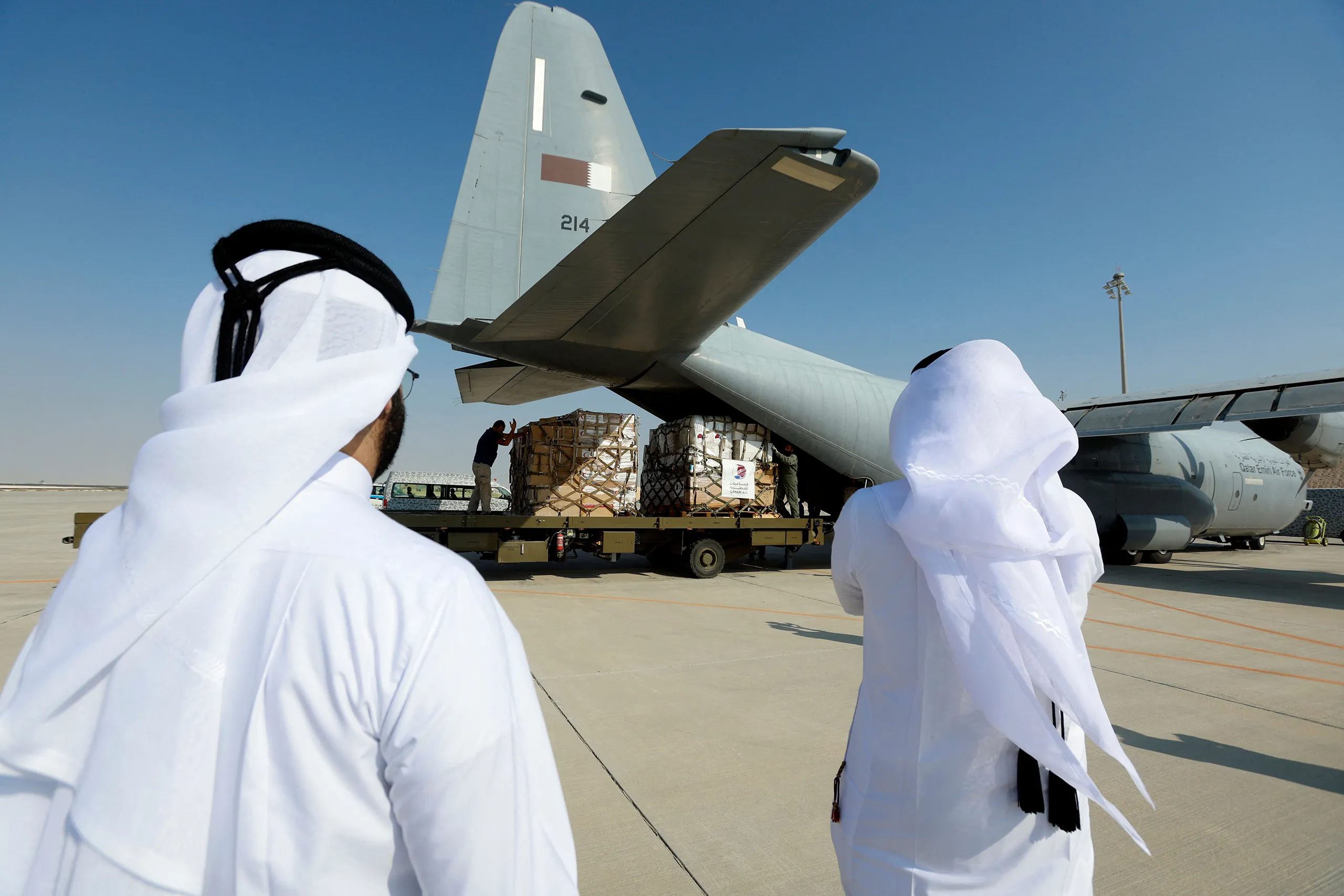Despite its diminutive size and population of just under 3 million, the State of Qatar has emerged as a diplomatic powerhouse in international conflict resolution. From hosting peace talks between rival factions to negotiating hostage releases, Qatar has cultivated a unique role as a trusted mediator. But how has such a small state come to wield such disproportionate influence on the world stage?
Strategic Neutrality and Diplomatic Balance
Qatar has long positioned itself as a neutral actor in a volatile region. Unlike its neighbors, it maintains open channels with a wide range of actors—Sunni and Shia, Western powers and Islamist groups, democracies and autocracies alike. This neutrality enables Qatar to serve as a rare bridge between parties who otherwise refuse to sit at the same table.
For example, Qatar hosts the political office of the Taliban in Doha and was instrumental in facilitating U.S.-Taliban negotiations leading to the 2020 Doha Agreement. It has also mediated between Hamas and Israel, often serving as a conduit for indirect communication and humanitarian aid.
Wealth and Leverage
Qatar’s immense wealth, derived from its vast natural gas reserves (the third-largest in the world), provides it with the financial muscle to support mediation efforts. The country can fund reconstruction, provide humanitarian assistance, and offer economic incentives—all of which make its proposals more attractive in negotiation settings.
Moreover, Qatar uses its economic clout to invest globally, building political goodwill and influence in return. It is home to Al Jazeera, one of the most influential media networks in the Arab world, giving it soft power far beyond its borders.
Hosting and Facilitation Capabilities
Doha has become a diplomatic hub, offering a politically neutral and logistically capable environment for peace talks. Its security, luxury accommodations, and discretion make it a preferred venue for sensitive discussions. Qatar’s hosting of international summits and forums, including the UN and World Cup 2022, further cemented its global reputation as a reliable facilitator.
Western Alliances and Independent Foreign Policy
While Qatar is home to the largest U.S. military base in the Middle East (Al Udeid Air Base), it has also pursued an independent foreign policy. This balancing act allows it to mediate in conflicts where U.S. involvement is sensitive or where Western powers prefer to act through an intermediary. Its relations with both Iran and the United States make it uniquely placed to shuttle between adversaries.
Reputation as an “Honest Broker”
Unlike some regional powers that are seen as advancing their own geopolitical agendas, Qatar is often perceived as genuinely interested in dialogue and humanitarian outcomes. While it has faced criticism—particularly for its support of Islamist groups—its overall image as an “honest broker” has helped it sustain its role in global diplomacy.
Recent Examples of Qatar’s Mediation Role
-
Israel–Hamas conflict (2023–2025): Qatar played a crucial role in brokering ceasefires and facilitating humanitarian aid and hostage negotiations.
-
Afghanistan: Post-Taliban takeover, Qatar became the main diplomatic channel for the West to engage with the new regime, hosting embassies and facilitating evacuation and aid efforts.
-
Chad-Sudan peace efforts: Qatar hosted talks aimed at stabilizing conflict-ridden regions in Central Africa.


